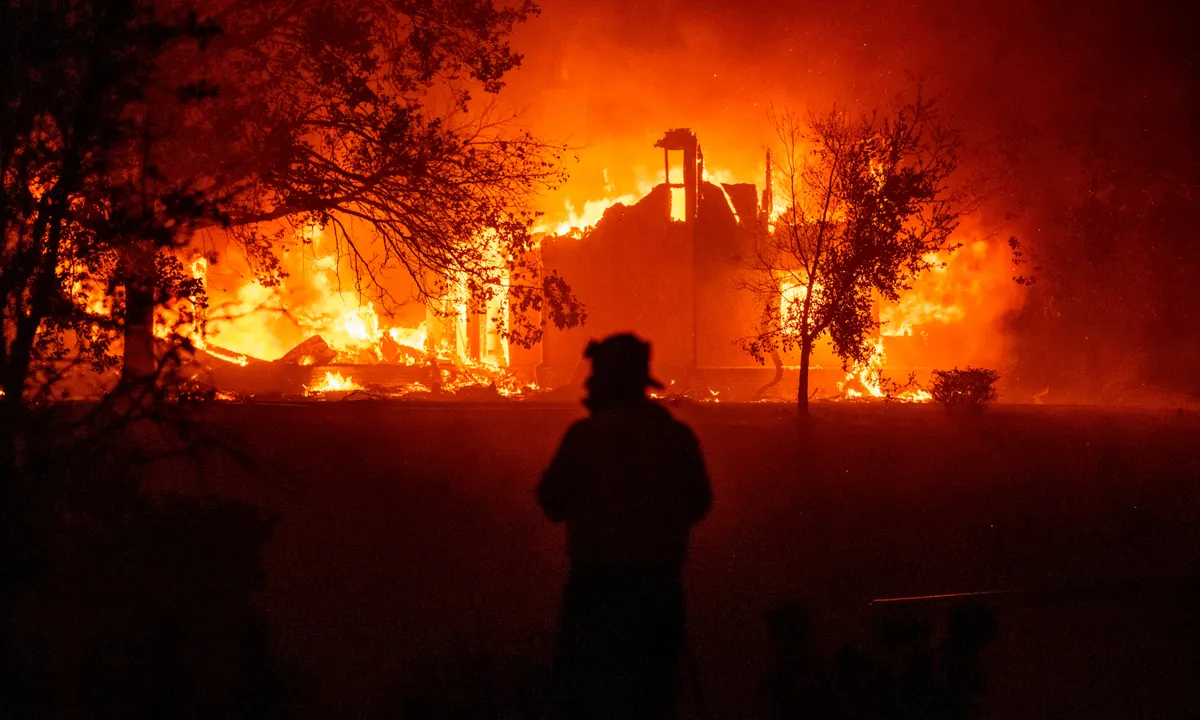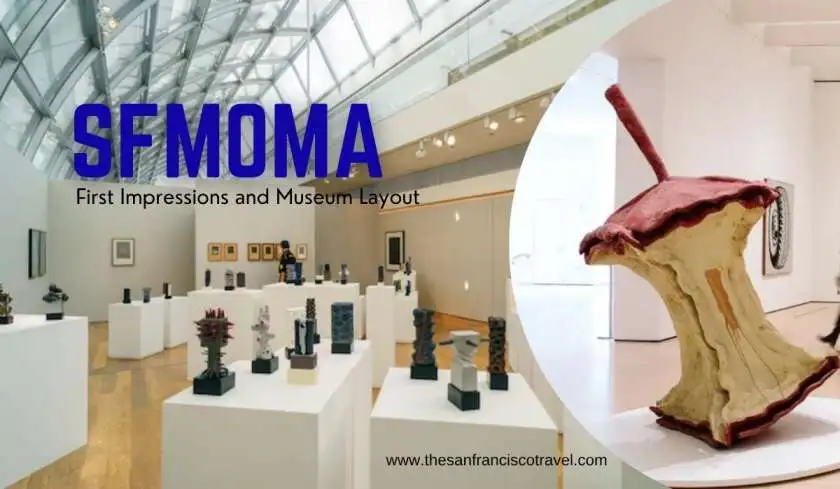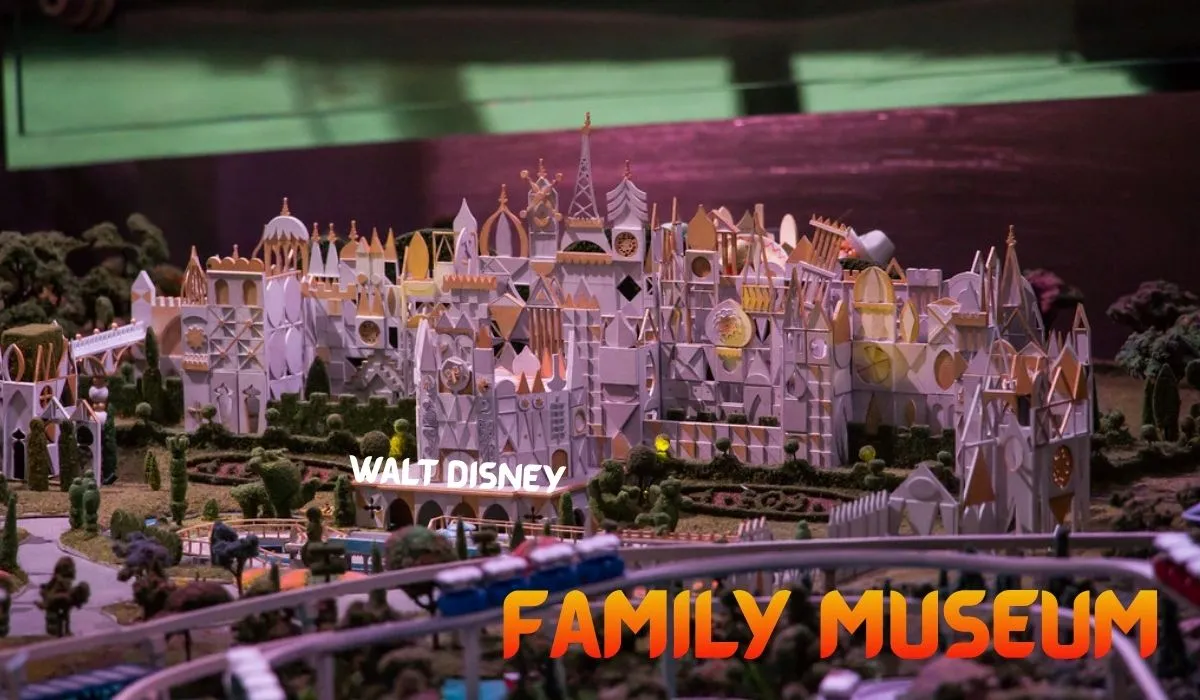
All images ��Reen Barrera, shared with permission
Growing up in the Phillipines in the 90’s, Reen Barrera would often repurpose scraps of fabric and wood into imaginative figures that became inside to his play.�The constructions were stand-ins for what the Filipino versifier considers a “toy-deprived” childhood, and today, Barrera continues the visual language of those early sculptures in his recurring Ohala characters.
Often dressed in stripes and animalistic patchwork hoods, the wildly expressive figures�are covered in a upturned mishmash of symbols and patterns. Barrera likens these markings to the idiom “its written all over your face,” a concept that, similar to�his older figures, continues to ground his practice. “Regardless of what we say, our true feelings can still be emancipated by our facial expressions,” the versifier says. “For me, its a silent way of communicating something without noise.”

Barrera pairs this snooping with fleeting emotion and increasingly personal wits with larger themes well-nigh matriculation and social standing. While some of the wooden figures are rich with colorful fabrics and splotches of acrylic, oil, and vaporizer paints, others are increasingly minimal. “One thing that I want to emphasize is the value of detail each Ohlala artwork has. Like humans, some have little while some have more,” he shares, explaining further:
Some people are born rich, some are born middle class, some are born poor. But the worldwide ground for everyone is, we all have to deal with it… I imbricate all the Ohlala dolls heads with canvas reticulum to requite a self-rule to paint their own symbols on their heads, as if they are designing their own fate. I guess thats what we all have in common; the power to make things happen for ourselves.
In a collaboration with Thinkspace Projects, Barrera’s solo show Children of Divorce�is on view through January 15, 2023, at Mesa Contemporary Art Museum. For increasingly of the artist’s works, visit�his site and�Instagram.

















